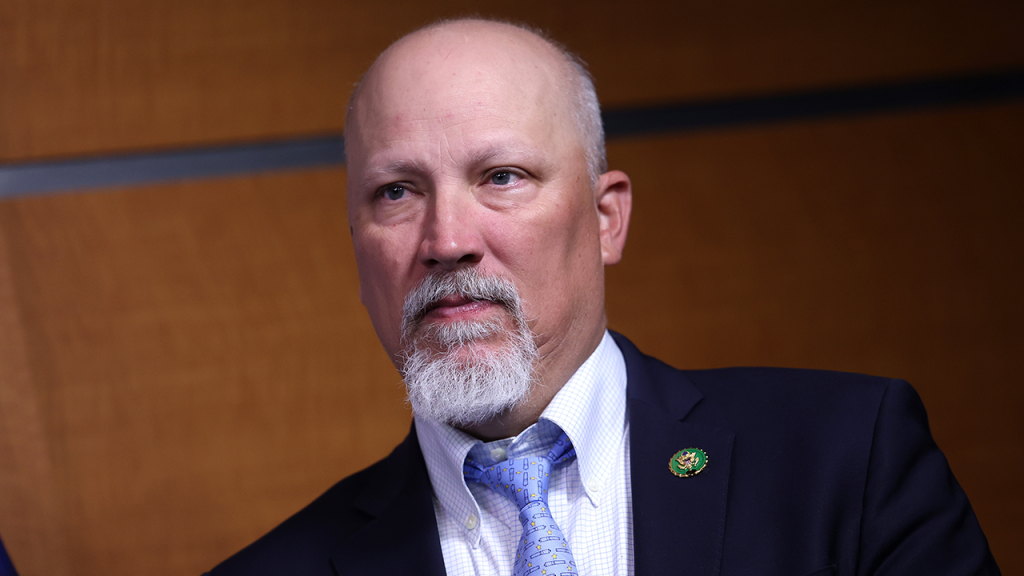Rep. Chip Roy’s bid for the chairmanship of the House Rules Committee represents a potentially significant shift in the power dynamics within the Republican House caucus. Roy, a staunch conservative and member of the House Freedom Caucus, has established himself as a vocal critic of House leadership, particularly on fiscal matters. His potential elevation to the chair of this crucial committee, which controls the flow of legislation to the House floor, would be a remarkable turn of events, given his history of challenging established authority. This ambition highlights the ongoing struggle within the GOP to balance ideological purity with the practicalities of governing.
Roy’s recent attempts to bridge the divide between the more rebellious members of the Republican conference and the party leadership have contributed to his growing influence. His role in negotiations during the speakership battle earlier this year, where he secured a seat on the Rules Committee as part of a compromise to support Kevin McCarthy’s bid, showcased his ability to navigate complex political terrain. While Roy ultimately did not join the group of Republicans who voted to oust McCarthy, his initial skepticism of the former Speaker’s leadership underscores the delicate balance he maintains within the party.
The House Rules Committee holds immense power, acting as the final gatekeeper for legislation before it reaches the House floor. The committee chair determines which bills are considered, the parameters of debate, and the amendments that can be offered. This position grants substantial control over the legislative agenda and allows the chair to shape the outcome of critical votes. Roy’s voting record on the committee, including votes against certain House rules, could present a challenge to his candidacy, as it raises questions about his willingness to work with leadership.
Despite potential reservations about his past criticisms of leadership, Roy has garnered support from some of his colleagues. Rep. Ralph Norman’s endorsement and Rep. John Carter’s assertion that Roy would effectively advance President Trump’s agenda as Rules Committee chairman highlight the appeal of his conservative credentials. However, the ultimate decision rests solely with the newly elected Speaker, Mike Johnson, who must weigh Roy’s conservative appeal against the need for a chair who can reliably advance the leadership’s legislative priorities.
The unique structure of the Rules Committee, where the speaker has sole authority to appoint the chair, adds another layer of complexity to Roy’s bid. Unlike other committees, where chairs are chosen by a broader group of lawmakers, the Rules Committee chair serves at the speaker’s pleasure and can be removed at any time. This dynamic underscores the importance of aligning with the speaker’s agenda and maintaining a working relationship with leadership. Some anonymous GOP lawmakers have expressed concerns about Roy’s suitability for the role, citing a lack of trust despite acknowledging his intelligence and procedural expertise.
The competition for the chairmanship is further intensified by rumors of other contenders, including Rep. Virginia Foxx, the current chair of the House Education and Workforce Committee. Foxx’s potential candidacy adds another dimension to the selection process, as the speaker will need to consider the various strengths and weaknesses of each candidate. The decision on who will lead the Rules Committee will have significant implications for the direction of the House and the legislative agenda in the coming years. The choice between Roy, Foxx, or another candidate will reflect the speaker’s priorities and the balance of power within the Republican caucus.


